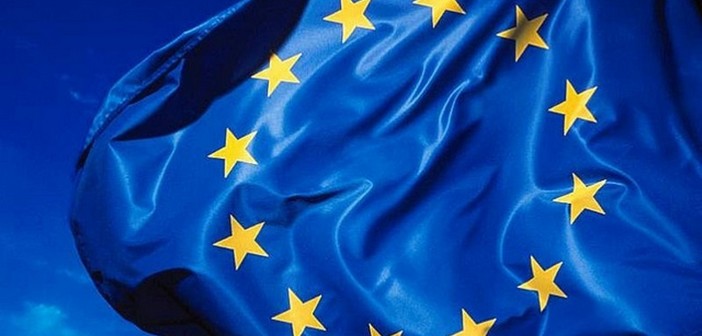In 2015, the issue of security confirmed the European Union’s inability to take collective action. Member states are paralyzed by the rise of nationalism, withdrawing into patriotism.
The European Union is incapable of having its own will, the only thing that can unite skills, mobilize resources, and create synergies to combat this atypical ‘war.’
But no one wants to give up their share of sovereignty for a common cause…
The lack of communication between European intelligence services partly explains why the Belgian and French authorities were unable to prevent the attacks of November 13.
After the attacks against Charlie Hebdo and the Hyper Cacher, which resulted in 17 deaths in early January, the French believed they had experienced their own September 11: a series of unprecedented attacks that plunged the country into a spiral of empathy and reprisals. The wave of national and international solidarity that followed, along with the strengthening of security and surveillance measures, had left hope that potential imitators of the Kouachi brothers and Amedy Coulibaly would give up, in the face of the cohesion and determination of the French not to be swept away by panic and hatred.
The adoption in early May of a new law on intelligence and surveillance, nicknamed the “French Patriot Act,” did not prevent the killings on November 13. And it is becoming increasingly evident that France and Europe are disarmed in the face of jihadist terrorism.
The former head of the anti-terrorism section of the Paris Public Prosecutor’s Office, Marc Trévidic, explained that there is no shortage of volunteers for suicide missions in France.
However, French society remains very united and has shown cohesion, even if many Muslims feel discriminated against or stigmatized.
It is interesting to note in this regard that, compared to last January’s attacks, the religious aspect is almost absent from the debates.
To paint an even darker picture, one can add the fact that Europol, the European police agency, does not have an anti-terrorism unit capable of coordinating the activity of intelligence services, centralizing and disseminating the information that is transmitted: discussed for years, it should come into being in 2016.
Perhaps the most striking example of the absence of coordination between intelligence services is the escape of Salah Abdeslam, the brother of one of the Paris suicide bombers: after allegedly participating in the shootings, he was picked up by two friends who came from Brussels that night. On their way back, the car of the three men was stopped three times by the French police, who let them go each time because Abdeslam was only flagged for common law offenses. A few hours later, his face became that of the number one public enemy in Europe and was broadcast by all media.


